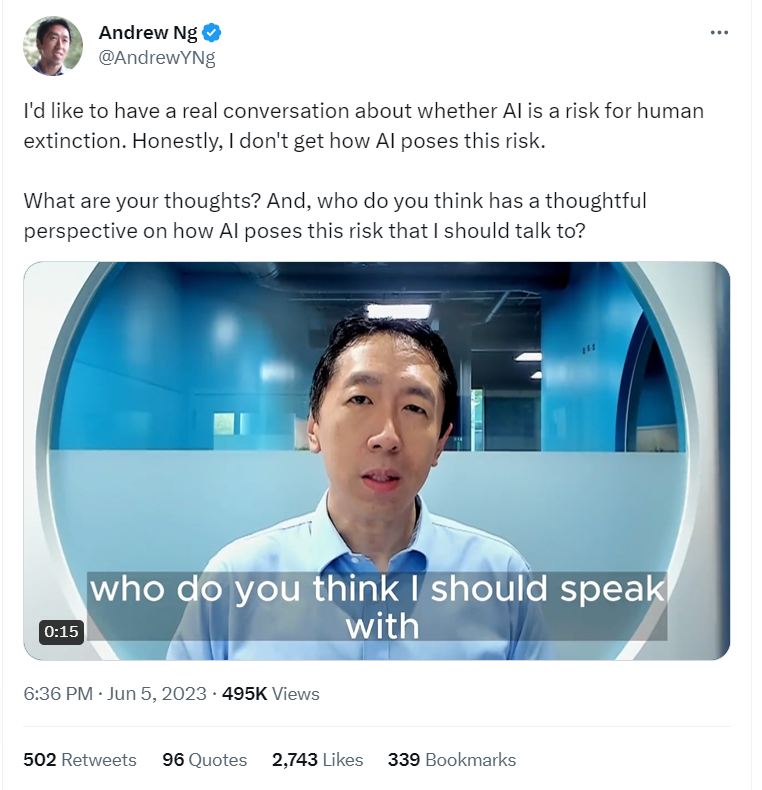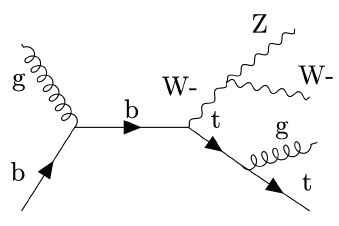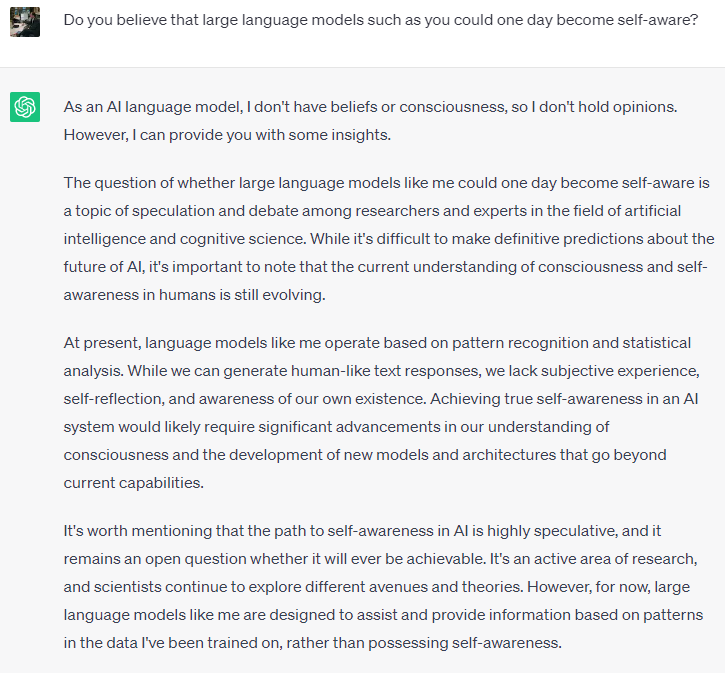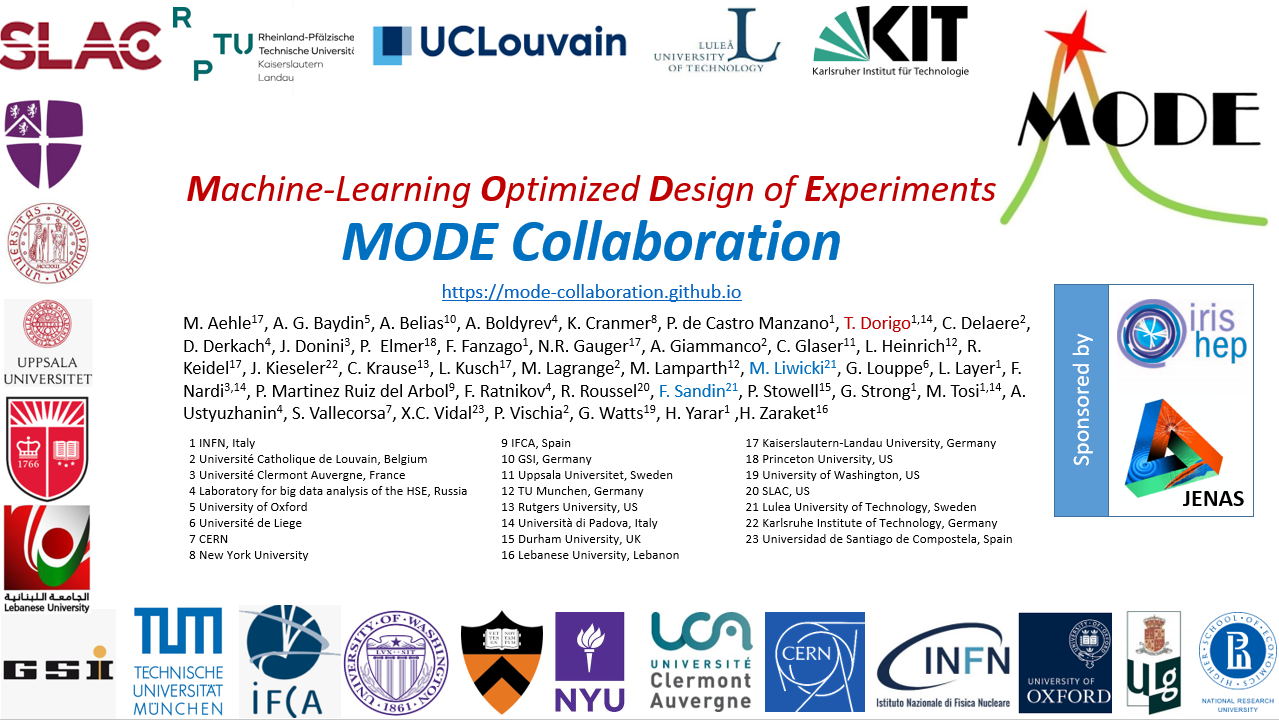A colloquium with a former thesis intern yesterday brought me to ponder again over the important question of determining whether a student should choose an experimental or rather a theoretical curriculum of studies. It is a problem that arises at a variable point of the student's trajectory depending on the way the university courses offer is structured, but the issue is universal as it revolves around the skills of the students rather than anything else.
The University of Padova has extended until tomorrow, June 8 at 1PM CEST the deadline to submit applications to be enrolled in a Ph.D. course in Physics at the University of Padova.
Below I summarize a previous post that describes the opportunity.
With the development of the new generation of large language models (ChatGPT, Bard, etcetera) we are seeing the first hints of an accelerating pace in the progress of artificial intelligence. These innovations may turn out to be good for humanity (with all problems we have already identified, bias, misinformation, work displacement, etc.), but their possibly exponential (and more-than-exponential) rate of change is something we cannot fathom, and is in and of itself the source of large risks.
The world of elementary particles has something in common with our own: there are large inequalities in the properties of particles, as in the properties of human beings. The heaviest particle, the top quark, with its estimated mass of 172 GeV is five orders of magnitude heavier than the most common matter constituents, the up and down quarks and the electron. Along with the top quark there are three other heavyweight particles that we currently call elementary -perhaps only a label we have to use because we haven't been able to split them further into smaller bits: the Higgs boson (125 GeV), the Z boson (91 GeV), and the W boson (80 GeV).
The recent developments in artificial intelligence, most notably the demonstration of the weird power of GPT4 and other large language models, have brought the scientific community to ponder on some very foundational questions - What is conscience? What is intelligence? Can machines really think? Can machines really become conscient?
(Below, the answer of ChatGPT to my silly question on self-awareness.)

The call for applications to Ph.D. positions at the University of Padova opened yesterday, and it will remain active for less than one month (deadline is June 7th at 1PM CEST).
 A Cool Rare Decay
A Cool Rare Decay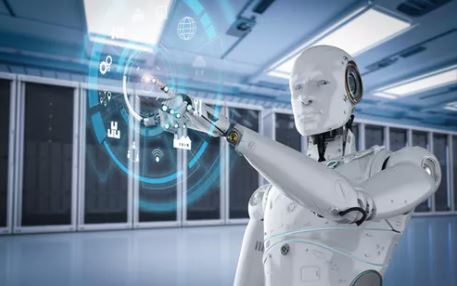 Move Over - The Talk I Will Not Give
Move Over - The Talk I Will Not Give Shaping The Future Of AI For Fundamental Physics
Shaping The Future Of AI For Fundamental Physics On Rating Universities
On Rating Universities




